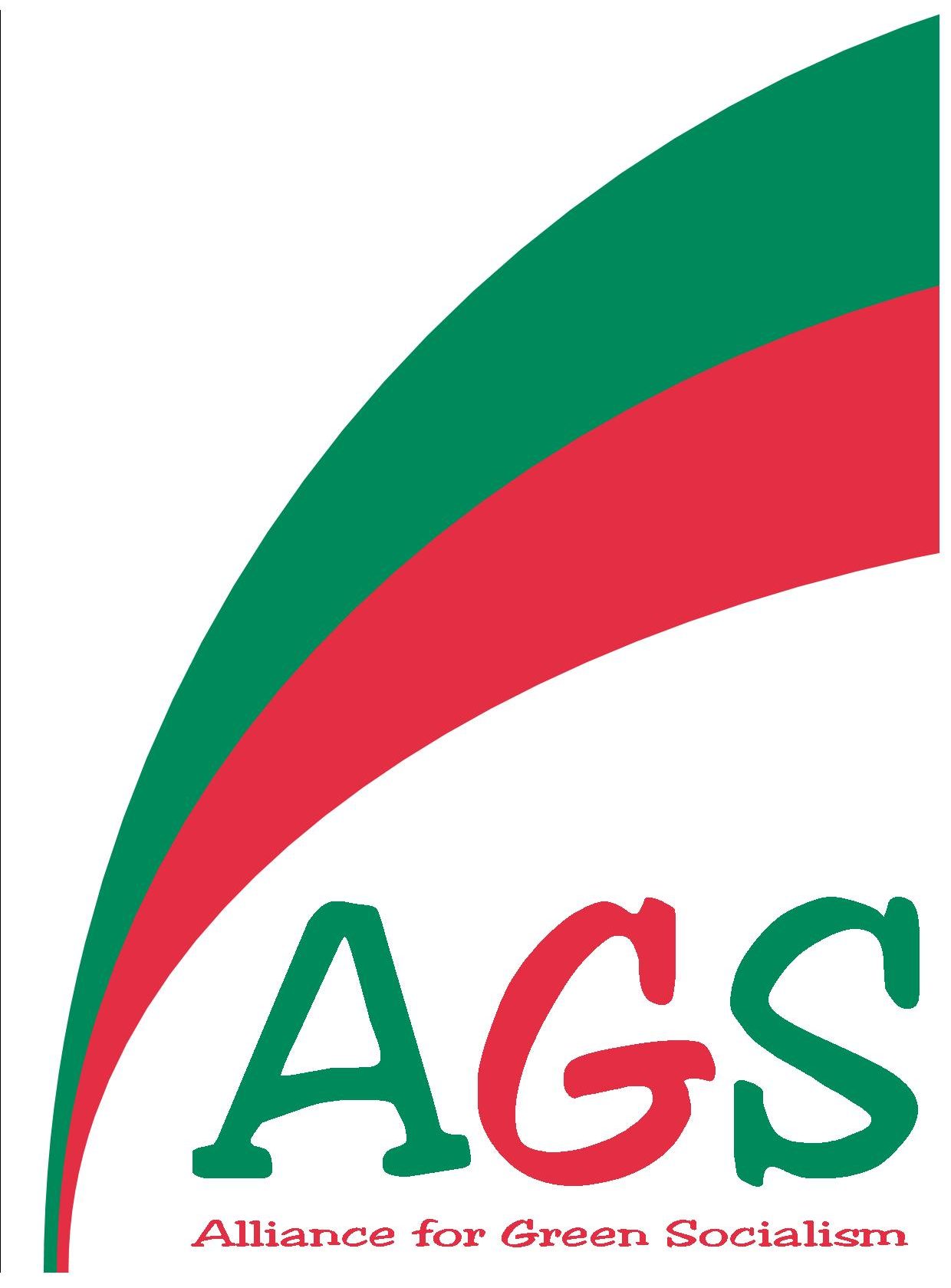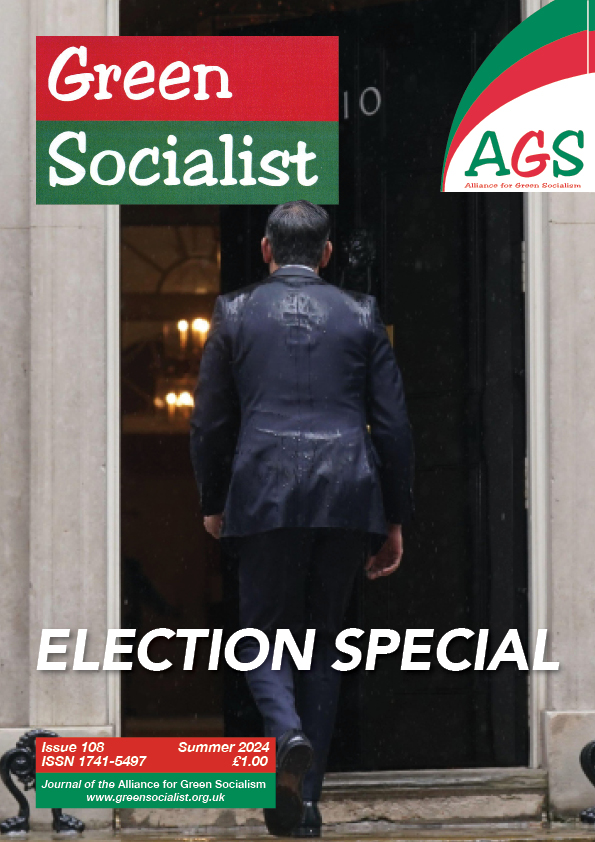Toby Abse sees a warning for the future in the outcome of the recent EU elections
The June 2024 European elections may well prove to be a turning point in the history of the European Union. On the one hand, the majority in the European Parliament that elected Ursula von der Leyen as the President of the European Commission in 2019 – that is the combination of the European People’s Party (EPP), Social Democrats (S and D) and Liberals, or Renew Europe, as Macron has renamed them – still has a majority of the seats, even if a slightly reduced one. On the other hand, the Far Right, consisting of two as yet distinct groupings – Giorgia Meloni’s misleadingly named European Conservatives and Reformists(ECR) and Marine Le Pen’s Identity and Democracy (ID), as well as some parties, such as Viktor Orban’s Fidesz, which at the time of the election were not members of either ECR or ID – has advanced.
What many Italian commentators call the Black Wave (‘Onda Nera’) – in a reference to the Blackshirts – has been very uneven. For example, Fidesz’s percentage fell, as some refreshing signs of revival in the Hungarian opposition have now appeared. Likewise, despite the presence of the Far Right as either members or supporters of governmental coalitions in both Sweden and Finland, the absurdly named Swedish Democrats and True Finns did not gain as many seats as they expected. However, the Black Wave had a particular impact on the major founding members of the original EEC – Italy, France and Germany.
Giorgia Meloni treated the election as a referendum on her government, and stood as lead candidate in all five of Italy’s PR constituencies, although she made it clear that she had no intention of taking up a seat in the European Parliament. This intensification of her personality cult enabled her Fratelli d’Italia (FdI) to increase its vote share from the 26% of the September 2022 general election to slightly less than 29%. However, it should be noted that her Far Right rivals in Matteo Salvini’s Lega – linked to ID – did far worse than in the 2019 European Elections, so to some extent one can talk of a rebalancing of the Far Right forces, rather than some massive advance.
In France, Marine Le Pen’s Rassemblement National, as the old Front National has been renamed in recent years, was the first party by a large margin, far outstripping Emmanuel Macron’s Ensemble. Macron’s immediate reaction to this defeat was to dissolve the French Parliament and call a general election for the end of June. This seems more than likely to pave the way for a government led by Jordan Bardella, Marine Le Pen’s young protegé, chosen for his good looks rather than any political experience or intellectual qualities. While the parties of the French Left (France Insoumise, Socialists, Communists and Greens) have correctly responded by forming a new Popular Front, putting aside their differences over the war in Ukraine and other matters in the face of the overwhelming Fascist threat, the odds are still on RN gaining a majority, particularly since a section of the mainstream Right, Les Républicains, seems to be willing to do a deal with them – even if most of these heirs of De Gaulle are revolted by the idea of backing the heirs of the Vichy collaborators.
If one pillar of the Franco-German axis that has always been a driving force of the EEC/EC/EU seems in imminent danger of collapse, the other one is rather shaky, even if SPD Chancellor Olaf Scholtz’s reaction to defeat has been more rational than Macron’s. The neo-NaziAlternative fur Deutschland (AfD) came second overall, behind the CDU/CSU, but ahead of the SPD, the Greens and the liberal FDP. Moreover, the AfD was the first party in what used to be the German Democratic Republic, which has always been treated as a semi-colony by the West German capitalist class. Previously, at least some of the East German popular discontent was channelled by Die Linke (The Left), a party some of whose roots lay in the old Socialist Unity Party (SED). However, Die Linke has been the victim of a major split – its right wing, led by Sara Wagenknecht, has formed what can best be described as a Red-Brown party, akin to George Galloway’s Workers’ Party, adopting the AfD’s views on immigration, and rapidly moving from an understandable scepticism about identity politics replacing class politics to a hostility to anything ‘woke’. Whilst Wagenknecht’s electoral intervention meant the AfD lost some of the support it had a few months ago, it reduced Die Linke itself to a very marginal force.
To say what has happened on the Continent could not happen in the UK is to bury one’s head in the sand. Space does not permit a detailed discussion of all the reasons why the FdI, RN, AfD etc. have become so central to European politics, but one reason is the way traditionally social democratic organisations abandoned the defence (however partial and limited) of working class interests in favour of neo-liberal policies of privatisation, deregulation, outsourcing, welfare cuts and so-called labour market flexibility. Five years of Starmerism may open the door to something even worse than Nigel Farage’s Reform Party.
Toby Abse is a member of the Socialist Alliance and AGS national committees
Photo: PA Images/Alamy Stock Photo

